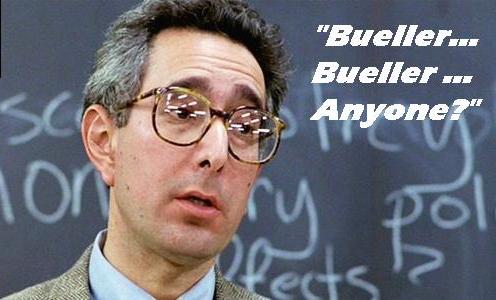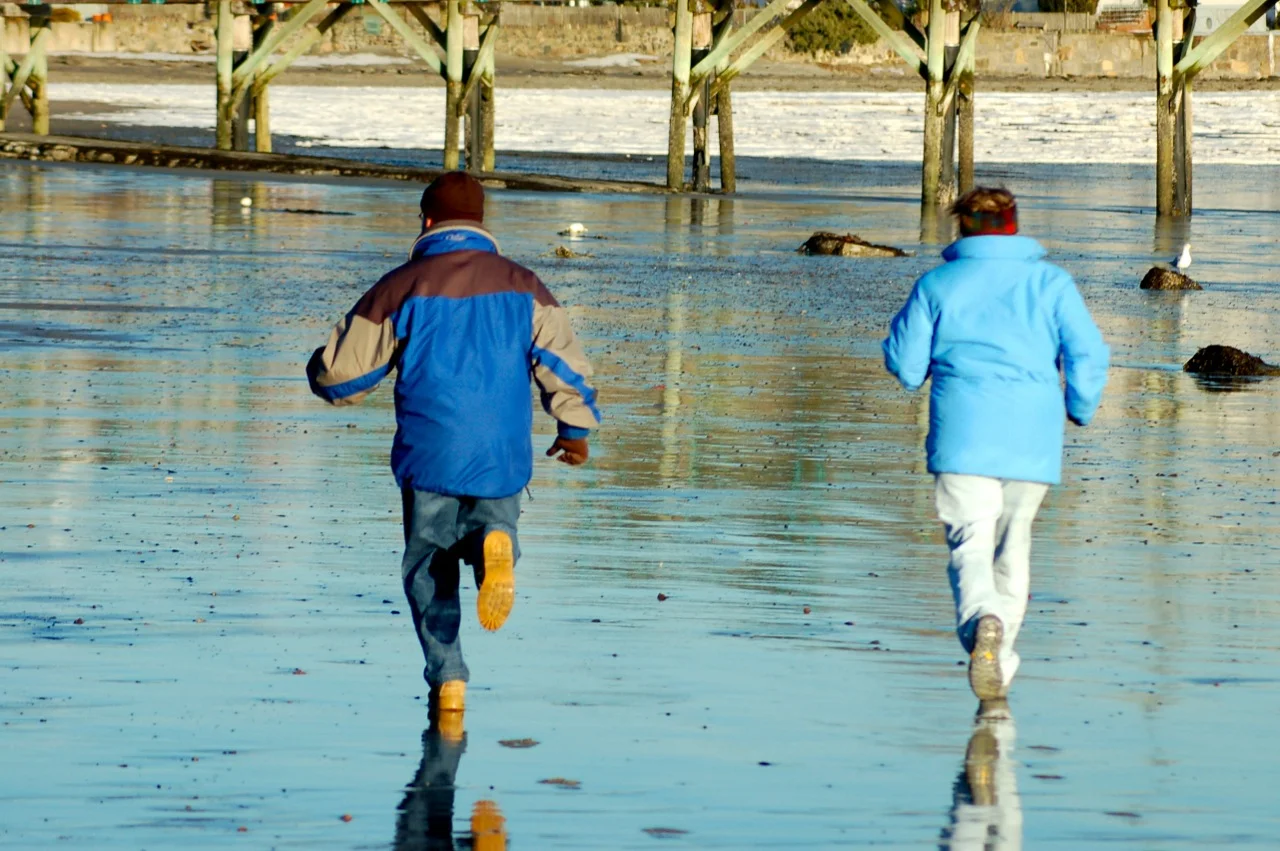This week, I spent some time with Kate Duggan, Executive Director of Family Promise of Bergen County. Kate loves her job, and it is so obvious because she glows when she talks of her job. She is a true light worker, bringing a light of hope to families that may feel all hope is lost. And she helped me to better understand how important it is to provide some works of mercy, even as we strive for social justice. (To understand what social justice work is as opposed to mercy work, please read my Jan 1, 2015 blog post).
Kate and I talked about the common misperceptions that many people hold about the homeless population in our community. There is a common myth that homeless people are “working the system” and “want the easy handout”. Another myth is that the homeless parents are “not looking for work” or “are not working hard enough”. There are more, but you understand the trending myths - that there is something inherently sneaky or lazy about homeless people, and if they would just get themselves together, they'd get themselves back into a home.
The truth is that Bergen Family Promise assists working families with children who are temporarily homeless. These families are often the “working poor” or simply middle class families tripped up by tragedy or loss. “There but for the grace of God, go I.” Many of us live, today, just that close to the tipping edge.
It can be overwhelming to think of the social justice work required to change the way our economy and society works today to assure that our community can provide working wages, affordable homes, and childcare for working parents – and allow for time for families to bond and stay rooted in the community so the children grow up solid in their self-worth and capable of contributing back to our communities.
Some people believe that fair wages and fair housing and childcare smacks of socialism, or even worse, communism. Others don’t want to think of themselves as being equally vulnerable, so they press on with “I did it, so can you”. But just because it is overwhelming, none of us gets a “pass” allowing us to do nothing. Jesus demands that we care for the least of us.
My talks with Kate this week strengthened my conviction that one good place to start toward a just society is for all of us to recognize all of our equal worth in the eyes of God. We must embrace the rich diversity that God created in us and a let go of the "us/them" behavior. We must see that we are all God's children, and some of us are living difficult lives. But none of us is better than any other in God's eyes. Through acts of mercy, like volunteering with Family Promise, we cannot help but find ourselves identifying more closely with the people we serve. We no longer see a divide and we begin to crave the experience of God's kingdom - a truly just society.
I encourage you to take this one baby step toward understanding and listen to their stories - watch this 15 minute video on the Family Promise website to hear real stories and experiences from our local community http://www.bergenfamilypromise.org/bfp/how-can-i-help/how-can-i-help-video/
And then volunteer with Family Promise, by serving a meal or attending to overnight guests. Reach out to Pat Martin in our church or contact Family Promise directly. One act of mercy may be all it takes for you to come up with the brilliant idea that could bring real social change and justice for these families and for all of us.
And, as always, let me know what social justice issues are calling for your involvement. Talk to me, get involved, and together we can help advance God’s kingdom here on earth.
In Christ's Peace, Lisa





